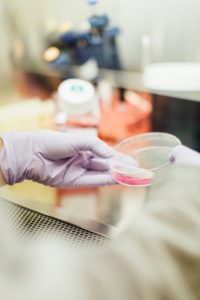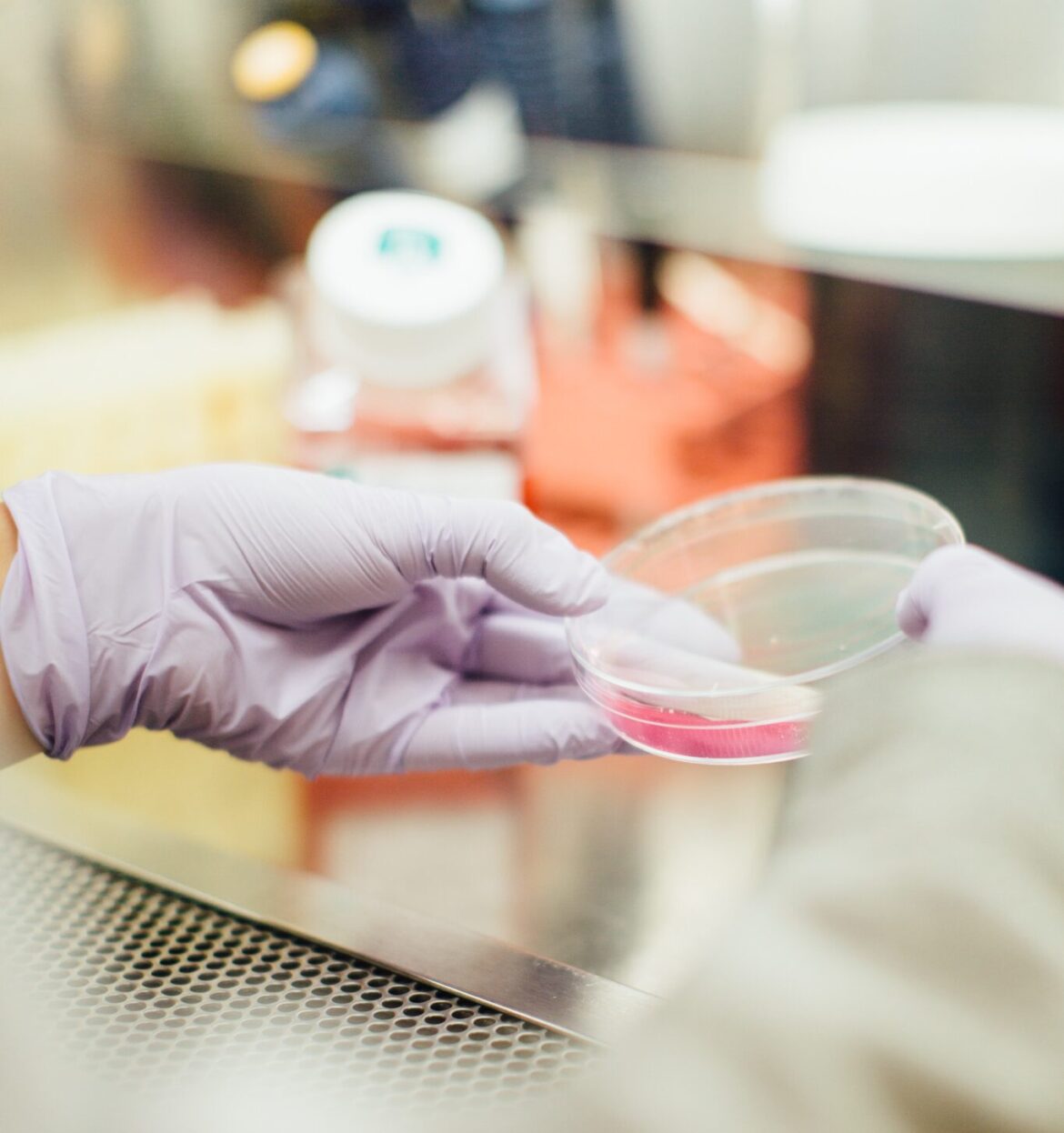Preparation and knowledge are often the most important tools when facing health challenges. Genetic testing is an invaluable resource in determining if your family history increases your risk for breast cancer.
The three most well-known genes that can determine a person’s risk for breast cancer are the BRCA1, BRCA2, and PALB2. Some cases of breast cancer have been linked to inherited genetic mutations passed down generation to generation. Mutations in the BRCA1, BRCA2, and PALB2 lead to about 10% of all breast cancer cases.

BRCA and PALB2 genes are designed to keep breast cells functioning and growing normally. It is when these genes are mutated and passed down that their functionally fails and the risk of developing breast cancer increases.
Though most individuals that develop breast cancer do not have a family history, there is still good cause to use genetic testing to analyze potential risks. If there is a strong history of breast cancer in your family, it could be linked to the inheritance of a mutated gene.
Most individuals that are considering genetic testing participate in genetic counseling. A genetic counselor reviews your family history and conducts a risk assessment to see if genetic testing is right for you. The counseling can help you to better understand what potential results can mean and how they may affect your future health. The genetic counseling can also determine which specific tests are most appropriate for you based on your risk factors.
Genetic testing itself is often simple and typically involves giving a blood or saliva sample. The sample can then be analyzed to see if there are any abnormalities or genetic red flags. Individuals that are positive in having the BRCA1 or BRCA2 mutation have up to an 87% chance of developing breast cancer in their lifetime.
Strong preventive measures such as a double mastectomy is an option some individuals opt for based on the results of their genetic tests. Other options and approaches in reducing risks can be discussed with your doctor.
Regardless of the results, genetic testing can shed light not only on your own potential cancer risks, but also those of your immediate family.
For more information please visit:
